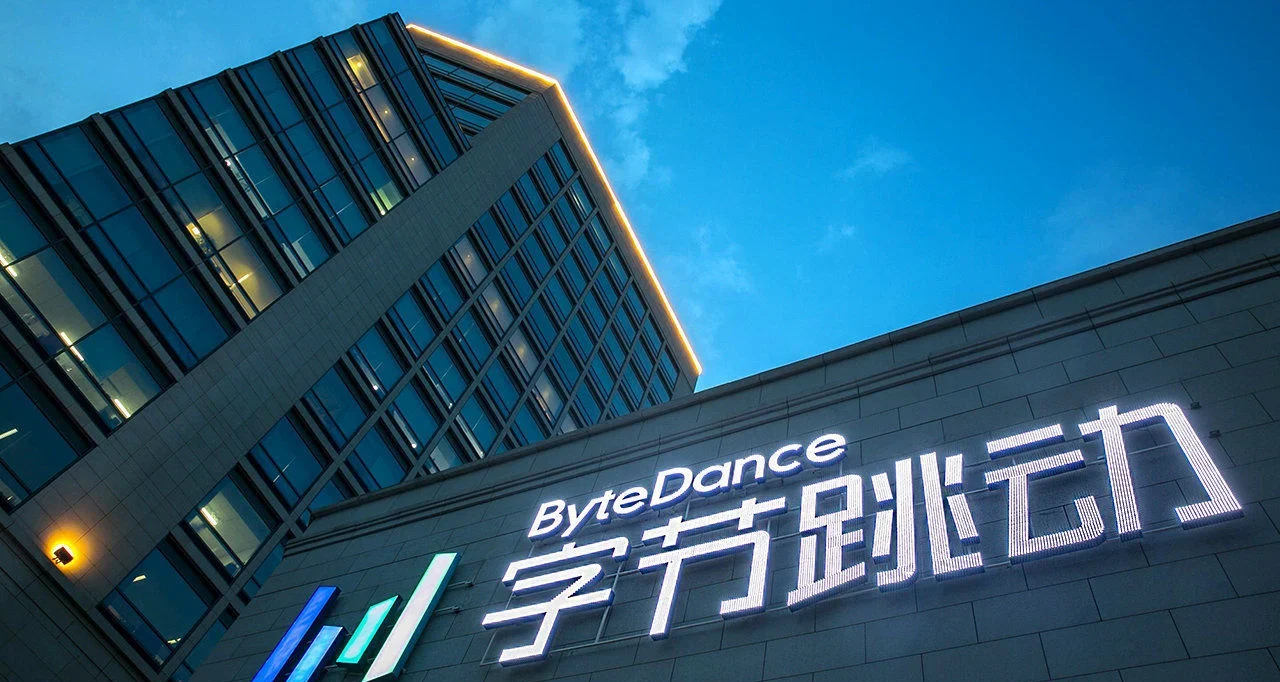China-based ByteDance and its subsidiary TikTok have filed an emergency motion with the U.S. Court of Appeals for the District of Columbia, seeking a temporary halt to a law that mandates ByteDance divest TikTok in the United States by January 19, 2024, or face a ban. The request aims to delay enforcement while the companies pursue a review by the U.S. Supreme Court.
TikTok argued that without intervention, the law would “shut down TikTok—one of the nation’s most popular speech platforms—for its more than 170 million domestic monthly users” just before the presidential inauguration. The platform’s closure would severely impact its value to ByteDance and its investors and harm businesses reliant on TikTok for advertising and sales.
On Friday, a three-judge panel upheld the law requiring ByteDance’s divestiture. The company is now racing against time, urging the appeals court to rule on its emergency request by December 16.
TikTok’s Legal and Political Maneuvering
ByteDance and TikTok emphasized the potential for the Supreme Court to reverse the lower court’s decision, arguing that this likelihood justifies a temporary pause. They also highlighted the incoming administration of President-elect Donald Trump, who has expressed opposition to the ban.
Trump has previously stated he would not allow a TikTok ban, noting the platform’s immense popularity. His incoming national security adviser, Mike Waltz, reinforced this position, emphasizing the importance of protecting user data while maintaining TikTok’s availability to Americans.
The timing of the decision could also allow President Joe Biden to grant a 90-day extension of the divestiture deadline before Trump assumes office on January 20. However, TikTok must demonstrate substantial progress toward divestiture to qualify for such an extension.
Concerns Over Data Security and Service Disruption
The law, part of broader U.S. concerns over foreign-owned apps, grants sweeping powers to ban platforms over data privacy risks. TikTok warned the decision would not only impact its U.S. user base but also disrupt services for millions of users outside the country. Hundreds of U.S. service providers supporting TikTok’s operations, including maintenance and updates, would no longer be able to perform these functions starting January 19.
This case highlights ongoing tensions between the U.S. government and Chinese tech companies over data security and national sovereignty. Similar efforts to ban Tencent’s WeChat in 2020 were blocked by the courts, demonstrating the complexities of enforcing such measures.
The Justice Department, meanwhile, has urged the appeals court to deny TikTok’s request quickly to allow sufficient time for Supreme Court consideration.


















